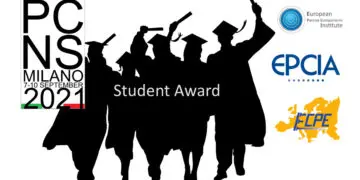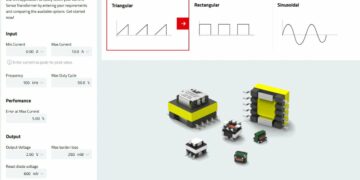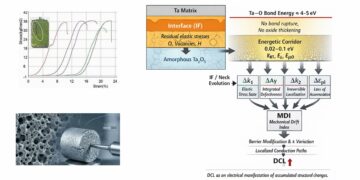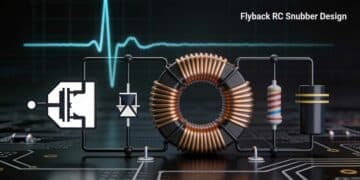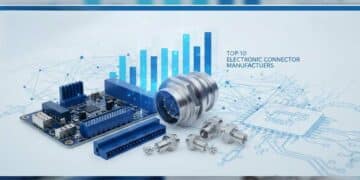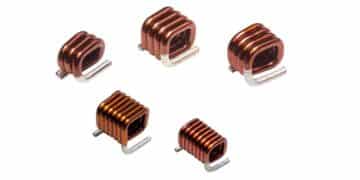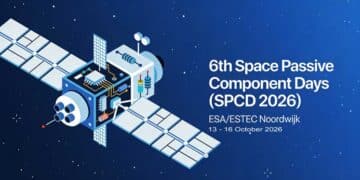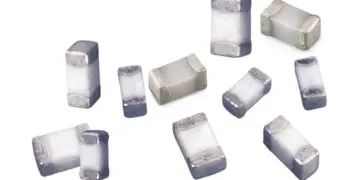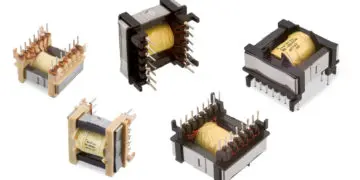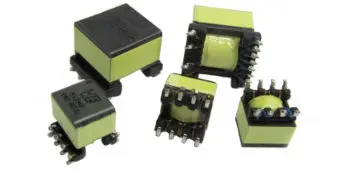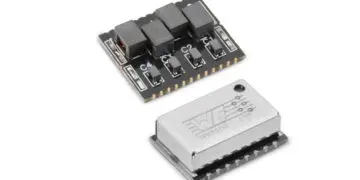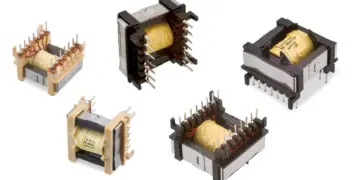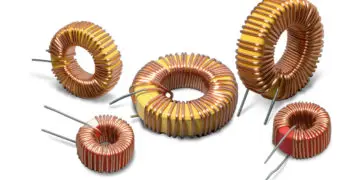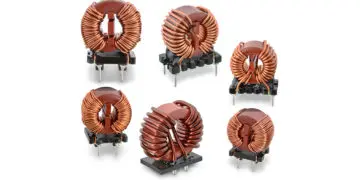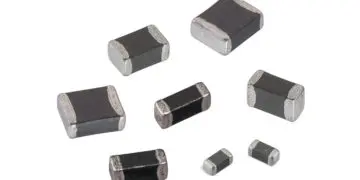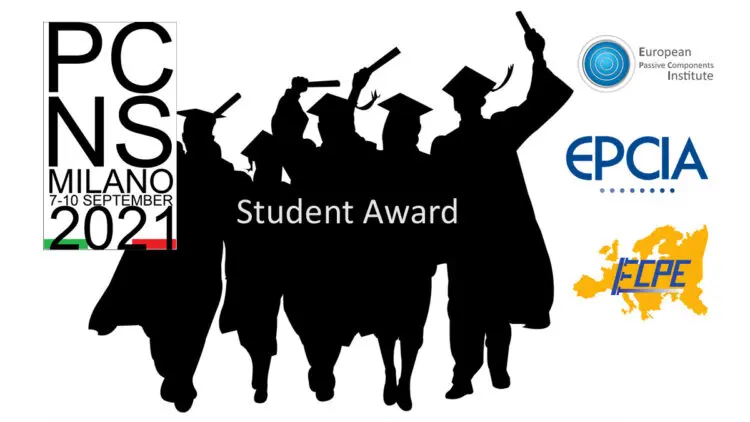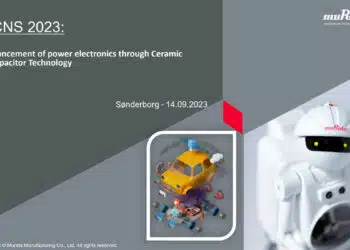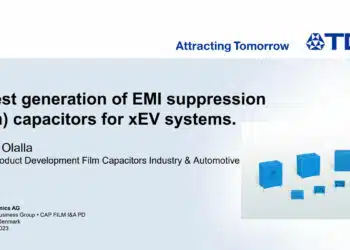3rd PCNS Passive Components Symposium that will be held September 7th to 10th 2021 in Milano joins EPCIA Student Award initiative to support graduate and PhD students working in the field of passive components.
Passive components, such as capacitors, resistors, inductors or filters, are crucial to make the (electronics) world “go round”. There is no semiconductor component and no electronic circuitry which can work properly without passive components.
The EPCIA Student Award grants all students – graduate and PhD candidates – the possibility to attend a conference and present their thesis on passive components to an expert audience. The Award is jointly presented by the European Passive Component Industry Association (EPCIA), the European Center for Power Electronics (ECPE), and the European Passive Components Institute (EPCI).
Each Award is granted with € 1,000, subject to the provision that it may be split amongst more than one applicant. All submissions will be reviewed by a panel of experts that is going to decide on winning applications based on their degree of innovation / originality related to passive components and their benefits for consumers, society, or the environment.
See more details about the EPCIA Student Award here.
“It is our pleasure to join EPCIA student award initiative to promote and support young students working in the field of passive components. Passive components are considered as the “simple” and “easy” components to deal with, unlike the semiconductors, nevertheless under closer and deeper look into the basic physics it may be observed that it is not the case and there is a considerable room for better understanding, innovation and new approaches.” said Tomas Zednicek, EPCI and PCNS president.
“We still hope that the pandemic situation will enable PCNS to happen as a hybrid event meeting with speakers present live that will enable networking between young generation and experienced industry experts. In worst case the event will move to virtual. We are ready for the worst, but count with the best.” add Zednicek
About
PCNS Passive Components Networking Symposium is a bi-annual international symposium organized by EPCI European Passive Components Institute in co-operation with an European university.
EPCIA European Passive Components Industry Association represent and promote the common interests of the Passive Components Manufacturers active in Europe to ensure an open and transparent market for Passive Components in Europe as part of the global market place.
